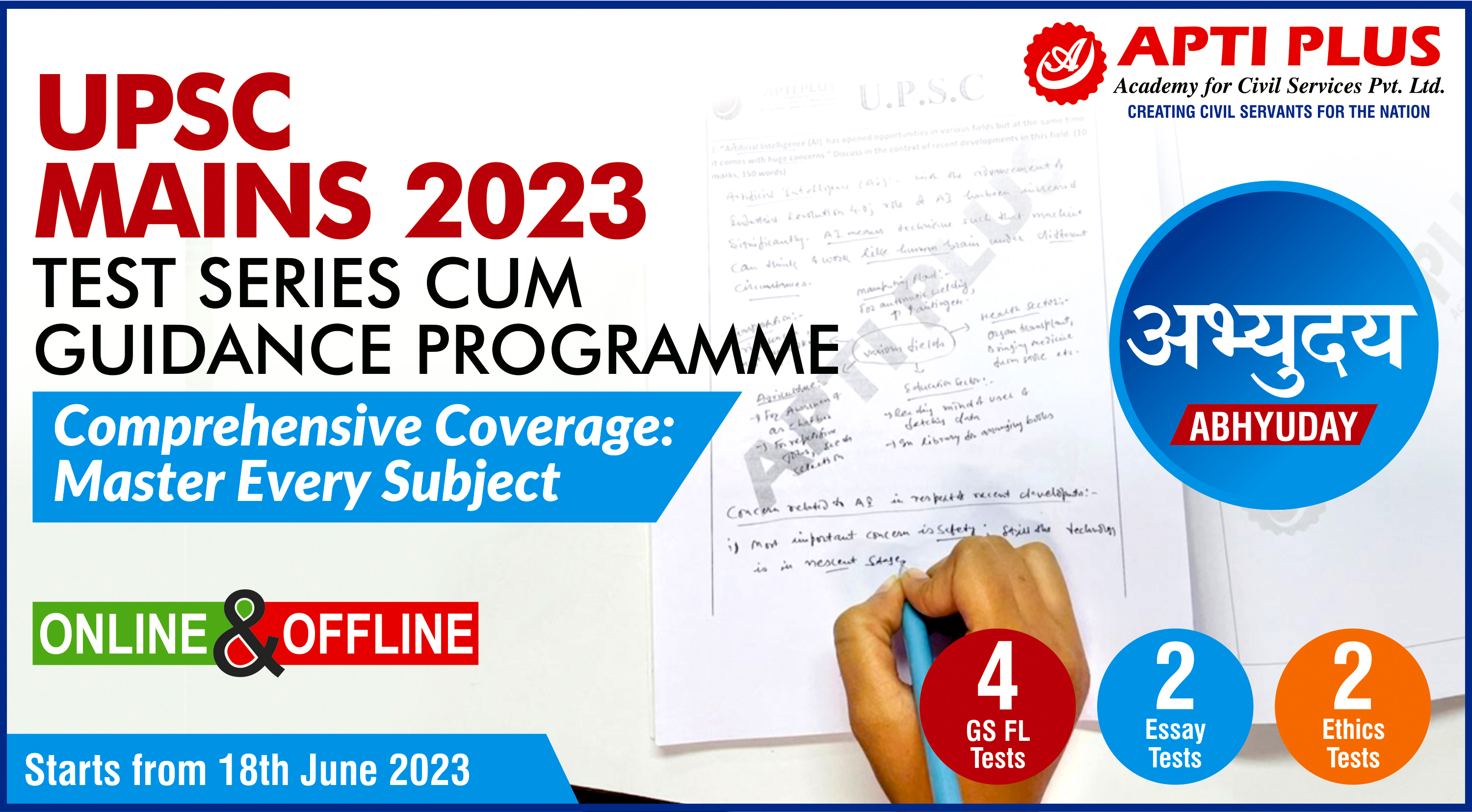_BILL_2023.png)
Copyright infringement not intended
Context: The Union Government introduced the J&K Reorganisation (Amendment) Bill, 2023 in the Lok Sabha to open the way for the reservation of seats for Kashmiri Pandits and migrants from Pakistan-occupied Kashmir (PoK) received criticism from Kashmir's regional parties.
Details
Background
- The Jammu and Kashmir Reorganisation Act, 2019, was introduced by the Indian government to reorganize the state of Jammu and Kashmir into two separate union territories – Jammu & Kashmir and Ladakh. This move, which took away the state's special status under Article 370 of the Indian Constitution, was met with mixed reactions.
Features of the J&K Reorganisation (Amendment) Bill, 2023
- The J&K Reorganisation (Amendment) Bill, 2023, aims to amend certain provisions of the original 2019 Act to provide for the reservation of seats for specific communities in the Legislative Assembly of the Union Territory of Jammu and Kashmir.
- Reservation of Seats: The bill proposes to reserve seats in the Legislative Assembly for Kashmiri Pandits and migrants from Pakistan-occupied Kashmir (PoK). This move is intended to provide political representation to these communities in the region.
- L-G's Power to Appoint MLAs: The Bill is likely to empower the L-G to appoint two MLAs from the Kashmiri migrant community and one migrant from PoK to the Union Territory's Legislative Assembly.
|
Pakistan-occupied Kashmir (PoK)
●Pakistan-occupied Kashmir (PoK) in Pakistan is the region of Kashmir that came under the control of Pakistan following the first Indo-Pakistan War of 1947-1948.
●It is located to the west of the Indian-administered state of Jammu and Kashmir and is separated by the Line of Control (LoC), which serves as the de facto border between the two parts of Kashmir.
|
Significance and Intentions
- The reservation of seats for Kashmiri Pandits and migrants from PoK is aimed at addressing the concerns of these communities who have faced displacement and challenges due to the region's political history and conflicts. It intends to give them a voice and representation in the democratic processes of Jammu and Kashmir.
- The provision to empower the L-G to nominate these MLAs is likely to ensure their representation in the Legislative Assembly, especially in situations where holding regular elections in certain areas may be challenging due to security or other considerations.
Challenges and Criticisms
- The bill has faced criticism from regional parties in Kashmir, including the Peoples Democratic Party (PDP), National Conference (NC), and J&K Peoples Conference (JKPC).
- Concerns over L-G's Power: Regional parties argue that empowering the L-G to nominate MLAs is an undemocratic tactic and undermines the essence of parliamentary democracy. They believe that the nomination process should be carried out with the aid and advice of the Council of Ministers to ensure fair representation and uphold democratic values in Jammu and Kashmir.
- Allegations of Pre-Poll Rigging: Some parties claim that the amendment is an attempt by the Union Government to unfairly increase its representation in J&K by nominating members in the Legislative Assembly.
- Ongoing Court Challenge: The fact that the 2019 Reorganisation Act is still under challenge in the Supreme Court raises concerns about the government proceeding with a decision while the matter is still being debated before the judiciary.
Given the sensitivity of the issues and the concerns raised by regional parties, the way forward involves a careful and balanced approach.
The government may consider the following steps:
- Dialogue and Consensus: Engaging in meaningful dialogue with all stakeholders, including regional parties and community representatives, can help address concerns and arrive at a consensus on the best way to ensure representation for Kashmiri Pandits and migrants from PoK.
- Legal and Constitutional Scrutiny: The government should take into account the ongoing legal challenge to the 2019 Reorganisation Act and ensure that any new amendments adhere to the constitutional principles and do not undermine the democratic structure.
- Transparency and Inclusivity: Ensuring transparency in the decision-making process and involving the elected representatives of J&K in any changes related to political representation will foster inclusivity and strengthen democratic values.
- Consideration of Alternatives: Exploring alternative mechanisms to ensure representation for underrepresented communities, while respecting democratic principles, may help address concerns about the L-G's nomination powers.
- Focus on Development and Reconciliation: Alongside political measures, the government should also focus on addressing the development needs and reconciliation efforts in the region to foster trust and inclusivity among all communities.

Conclusion
- The J&K Reorganisation (Amendment) Bill, 2023, is a step taken by the Union Government to address the representation concerns of Kashmiri Pandits and migrants from PoK. However, it has faced criticism from regional parties, highlighting the need for careful consideration, dialogue, and inclusive decision-making to address the complex issues related to political representation in Jammu and Kashmir.
Must Read Articles:
STATUS OF JAMMU AND KASHMIR: https://www.iasgyan.in/daily-current-affairs/status-of-jammu-and-kashmir
|
PRACTICE QUESTION
Q. What is the historical background of Jammu and Kashmir's status, and how has it impacted India's security and internal security? Explain the steps taken by the government to address the challenges. What are the way forward to ensure peace and stability in the region?
|
https://www.thehindu.com/news/national/centres-move-to-empower-l-g-to-nominate-members-to-jammu-kashmir-assembly-draws-flak/article67120157.ece#:~:text=The%20J%26K%20Reorganisation%20(Amendment)%20Bill,and%20one%20migrant%20from%20PoK




_BILL_2023.png)